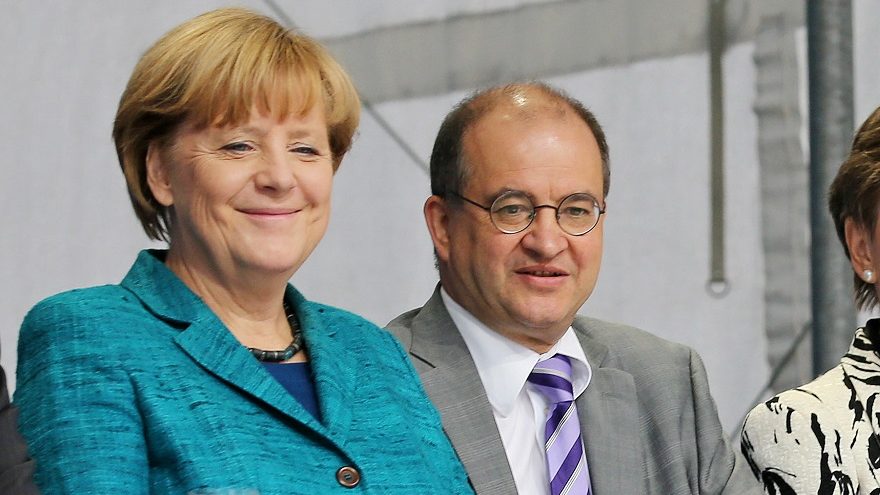The German Government has claimed that one way to enhance freedom of speech within the country would be through tighter controls regarding “hate” online.
The Federal Ministry for Family Affairs, Senior Citizens, Women and Youth made the argument via a survey it commissioned, alongside a conglomerate of apparently pro-censorship NGOs.
Titled Loud Hate – Quiet Withdrawal, the paper published on February 13, claims what it termed “hate” harms political discourse as it makes some people less likely to engage in public debate online.
The document justified this claim with reference to its findings that 57 per cent of respondents were less likely to comment on politics online due to fear of backlash.
Minority groups, such as those with a “migration background” as well as those who identify as LGBT, are also said to be more likely to experience hate.
All this, the Government argued, is “proof” of the chilling effect “hate” can have on free speech.
Green family affairs minister Lisa Paus said, regarding the apparent findings of the report: “Many people are repelled or intimidated by it [hate], hold back or remain silent.
“We need foresight and tailor-made measures to counter hate on the Internet and to enable respectful exchange on the Internet.”
The NGOs that helped compile the study decried online hate as constituting a “blatant attack” on German democratic values.
Among the groups involved was HateAid, an NGO that has previously called on Germans to use a smartphone app it published to report all online hate incidents they come across.
The NGO assured citizens that such notifications entered into the app would be passed on to the German authorities for “potential prosecution”.
The European Union’s executive has started to compile guidelines for Big Tech platforms to prevent disinformation, hate speech, and counterfeits from disrupting the process of democratic elections. https://t.co/iCPj260VMf
— Brussels Signal (@brusselssignal) February 8, 2024
Both the German Government and the allied NGOs are adamant that the report proved the need for stricter hate-speech controls online.
They added that social media companies must be “punished” for any attempt to monetise such content, accusing some of causing “massive damage to all of us and to democracy”.
Still, according to the document, just 15 per cent of the 3,061 respondents said they had ever been made aware of hate online, amounting to 460 people.
Of this figure, only 41 per cent, or 189 people, said they had become more reserved as a result of being on the receiving end of online hatred, a figure amounting to just six per cent of the survey’s total respondents.
There are also apparent issues with the sample used to conduct the anti-hate-speech survey. The demographics of the respondents seemingly do not match up with broader German society.
According to a background document detailing the methodology of the report, 30 per cent of respondents are said to have had a “migration background”, while 10 per cent said they were either homosexual or bisexual.
Statistics agencies have put the number of people in Germany with a migrant background at 17.3 per cent, while 6.9 per cent of Germans describe themselves as being LGBT.
Some respondents, according to the document, also reported being on the receiving end of “hateful” comments due to allegations they were supporting the populist German party Alternative für Deutschland.
That seemed to suggest a further discrediting of the notion that “hate” targeting minorities is having a detrimental effect on free speech.
MEPs have grilled the European Union’s self-styled “digital enforcer” Thierry Breton over his backing of what they termed “Stalinist” censorship via the Digital Services Act. https://t.co/uBWr9lGuWy
— Brussels Signal (@brusselssignal) February 8, 2024





